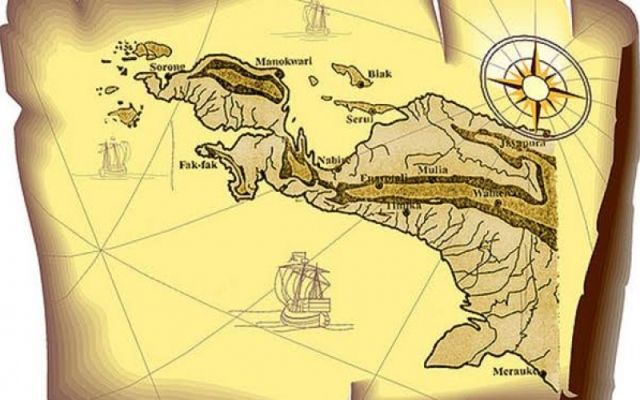The Expansion of Papua Region Accelerates Development
By: Saby Kosay )*
Regional expansion is the division of a province or district/city into 2 or more. There are several regions in Indonesia that will be expanded. The community fully supports regional expansion because it can accelerate development in all fields.
Have you ever realized that there are currently more cities, regencies and provinces in Indonesia? All of this is the result of regional expansion, which does have a positive goal, for the welfare of the people. For example, if in the past there was only Papua Province (formerly Irian Jaya), then now there are West Papua and Papua Provinces.
Papua will be divided again so that there are a total of 6 provinces, namely South Papua, Central Papua, Central Highlands Papua, and Tabi Saireri Papua. Guspardi Gaus, Member of Commission II of the Indonesian House of Representatives, expressed his agreement with the expansion of the Papua region. The reason is because it is in accordance with Law number 2 of 2021 concerning special autonomy. This is the government’s commitment to accelerate development in Papua.
The community agreed to the expansion in Bumi Cendrawasih because it was really needed, because the more provinces there were, the more funds would be given from the center, through the special autonomy budget and the APBD (regional expenditure revenue budget). If more money comes in, there will be more development in Papua, and the people will prosper. People’s mobility is also getting easier.
In addition, when there is an expansion of the Papua region, it will make it easier for administration. People do not need to go all the way to the provincial capital, because the distance is closer. The territory of Papua is very large, so if there are only 2 provinces, it will be difficult for residents to go to the provincial government office or center, especially for those in remote areas.
Apart from Papua, Bogor will also be expanded again. The plan is that Bogor Regency will be divided into East Bogor Regency. Bogor Regent Ade Yasin approved the expansion of this area. According to him, the Bogor area is too big to be a district and finally it was agreed to create a new autonomous region.
Ade Yasin added that regional expansion in Bogor Regency will improve services to the community and increase potential, as well as make it easier for the community. In addition, the expansion will also prosper the community. In a sense, if there is a new district, administrative services will be closer and make it easier for civilians to manage important documents.
The community also supports regional expansion in Bogor Regency. If there is regional expansion, it will increase the potential, because in one district there may be hidden potential. When there is a new autonomous region, it automatically gets APBD funds and can be used to increase this potential, so that it can increase regional income.
The community supports regional expansion because the goal is very good, because it can have a positive impact on the people. Apart from facilitating public services and increasing regional potential, there are several other objectives.
First, to facilitate the mobility of citizens. If there is an area that is divided, there will be funds to repair and build infrastructure, so that there are smooth roads and make it easier for people to move.
The next benefit of regional expansion is equitable development. If there is a new province or city/regency, not only government offices will be built, but also other buildings. For example post office, administrative office, DPRD building, and there are also bridges and other facilities. So that people’s lives will be easier.
Regional expansion in several regions in Indonesia is very much supported by the community because it is indeed beneficial. First, to facilitate administrative services and equalize development. Regional expansion can also make the people prosperous because the APBD funds given are getting bigger, for the benefit of the community.
)* The author is a Papuan student living in Yogyakarta
